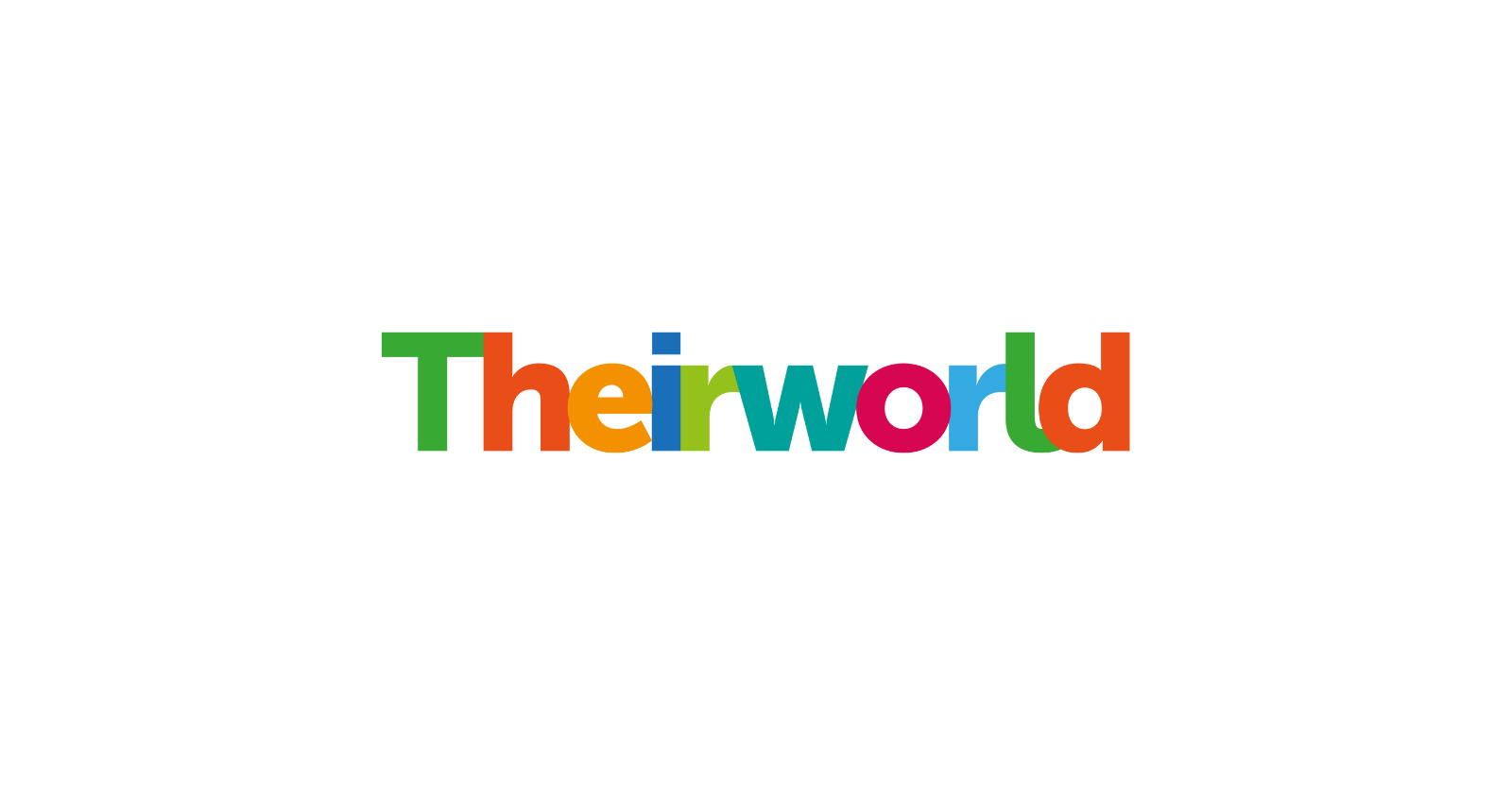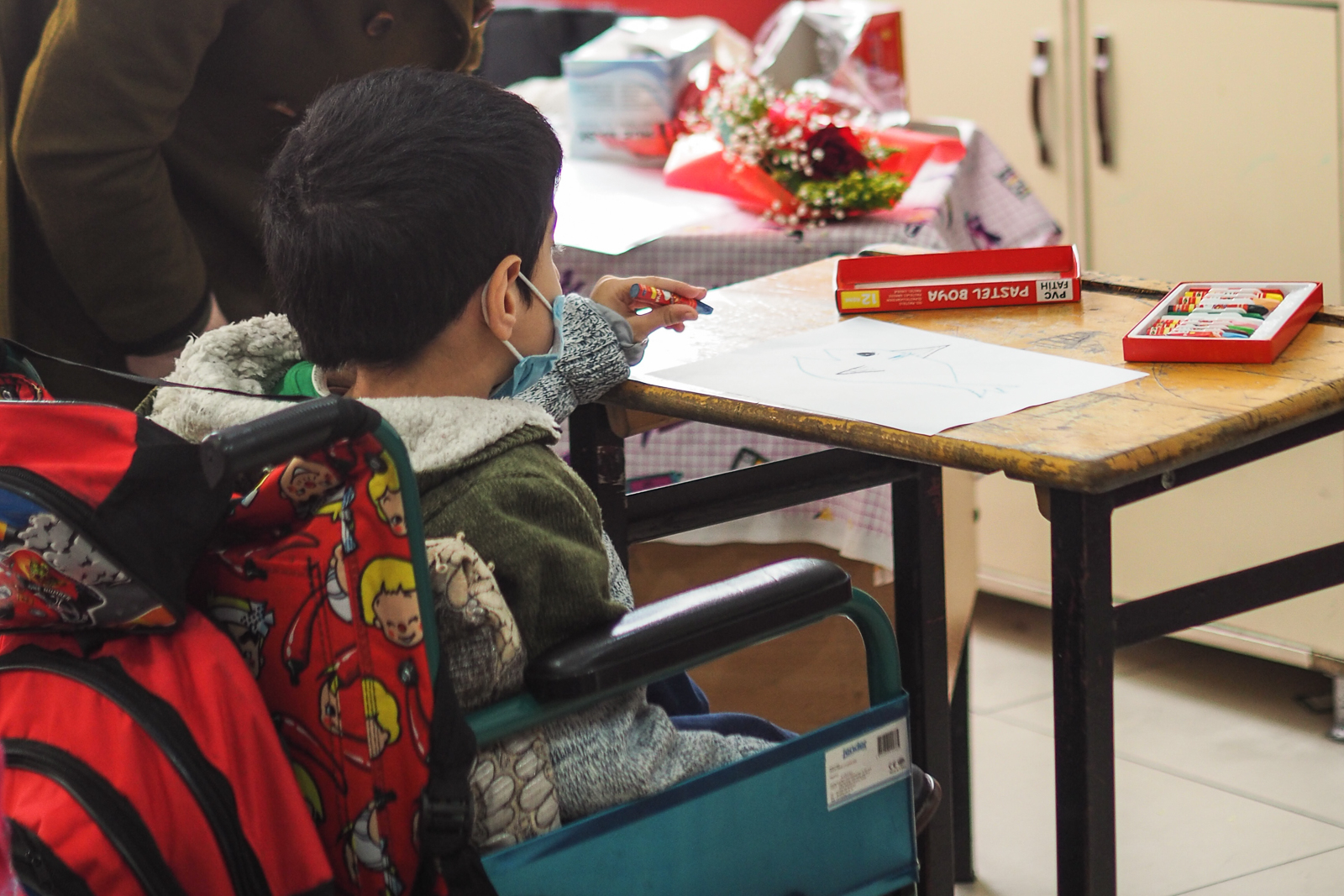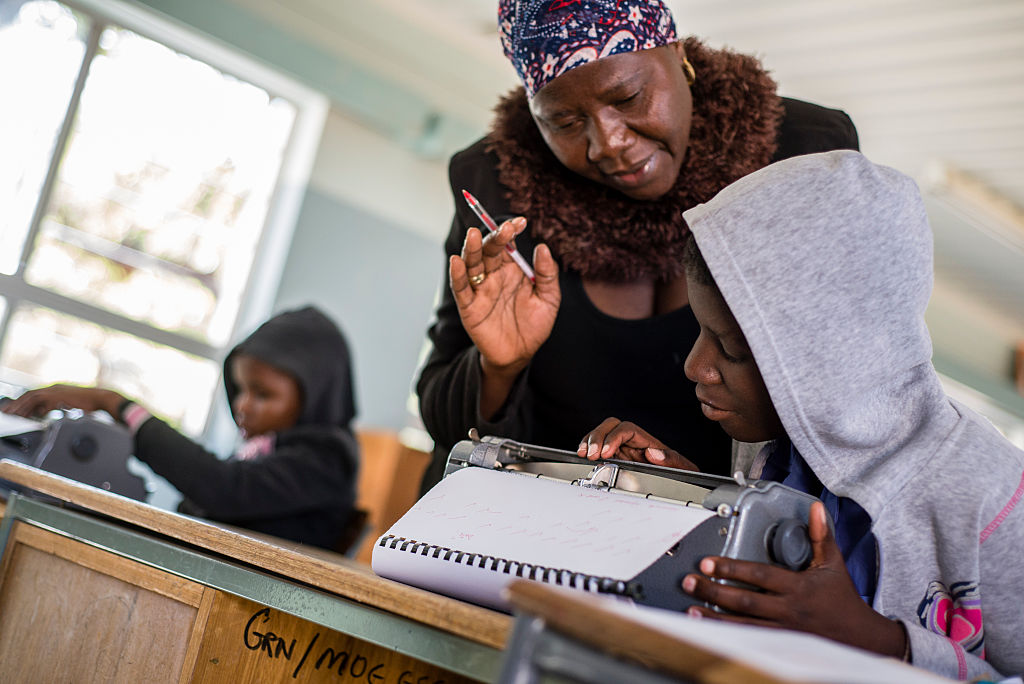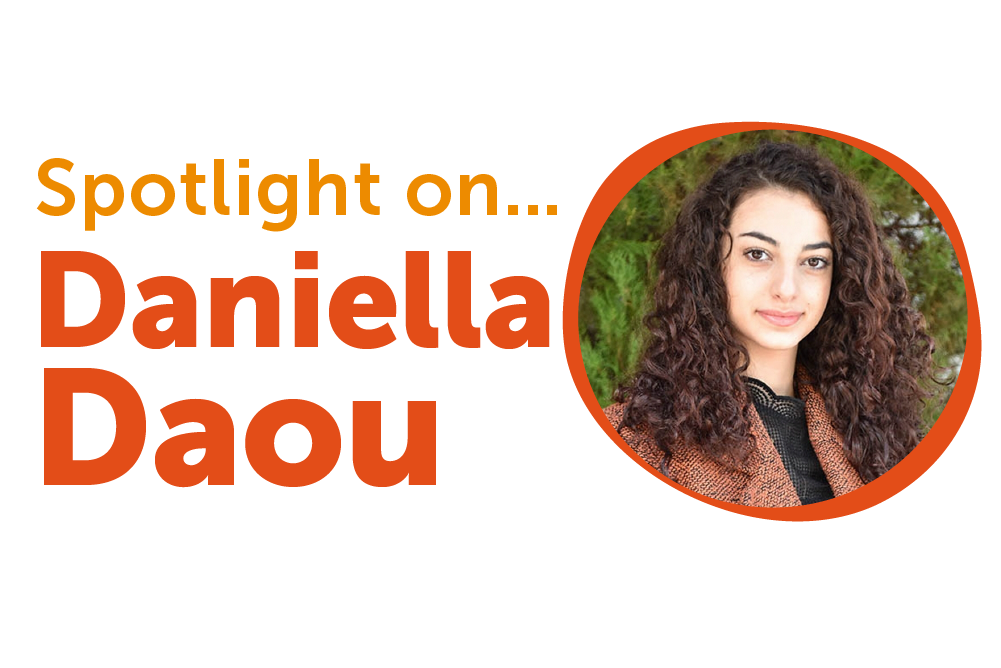
Inclusive education is crucial for children with disabilities, global summit is told
Children with disabilities, Right to education
Helping some of the world's most disadvantaged children were among the many commitments made to overcome stigma and discrimination.
The Global Disability Summit was packed with influential people from governments, United Nations agencies, charities and campaign groups.
But six-year-old British deaf girl Maisie Sly summed up what inclusive education really means – in sign language. The star of The Silent Child, which won the best live-action short film prize at this year’s Oscars, was asked what life is like at her school.
Maisie said: “I feel my school is really, really good. Children can sign in my school. I teach my hearing friends to sign so that we can communicate with each other.”
That view was echoed by Miah Farah from Lebanon, who has Down’s syndrome and is a disability rights advocate. She said: “Inclusive education means learning at the same school with the same teachers and playing together.”
The summit was co-hosted yesterday by the United Kingdom’s Department for International Development (DFID), the International Disability Alliance and the Kenyan government.
As delegates gathered in London, a new policy brief published by Theirworld said too many young children with disabilities are being let down by their governments and donors.
Left Behind from the Start examines the needs of children with disabilities under the age of five – and how inclusive pre-primary education has to be part of their care and development.

Countries and the international community must invest urgently in early interventions for disabled children and provide inclusive, quality pre-primary education.
The Global Disability Summit saw 170 ambitious commitments from across the world for action on stigma and discrimination against people with disabilities. Eighteen governments promised to improve the way children with disabilities learn and invest in teacher training
DFID announced the launch of its Scale Up on Inclusive Education programme, which will help the most disadvantaged children in countries including Ethiopia, Rwanda, Pakistan, Tanzania, Zimbabwe and Jordan.
Penny Mordaunt, the UK’s International Development Secretary, said: “Inclusive education should be done in a way that lets everyone achieve their full potential. The more inclusive we make education the more inclusive the rest of our lives are going to be.”
The DFID programmes include:
- Ethiopia – transforming and developing 687 Inclusive Education Resource Centres by 2022 to promote the inclusion of 24,000 children with disabilities
- Rwanda – training 12,000 teachers of English and mathematics in inclusive education teaching methods
- Tanzania – supporting reforms in primary and lower secondary schools to improve learning outcomes for all children, particularly for girls and children with disabilities
Answering a question about deaf children, Mordaunt talked about sharing resources and technology, adding: “The more you can get things right in early years, the more money it will save our states later on down the track.”
Penny Mordaunt signs her opening remarks
The summit heard how the UN children’s agency UNICEF is planning to help 30 million children with disabilities get quality education by 2030. It is working in 142 countries to build more inclusive and accessible education systems.
Executive Director Henrietta Fore said: “About half of all children who live with disabilities do not go to school because of prejudice, stigma or lack of accessible learning.
“About half who do go to school are not receiving a quality education. They lack trained teachers, accessible facilities or specialised learning tools. This is a tragic waste of potential – for these children, their countries and their societies.”
Fore said UNICEF will focus on the key areas of robust data, working with governments on national laws, policies and teacher training, and utilising tools such as digital textbooks.
Primrose Mandishona, who was severely injured as a child when a burning roof fell on her, talked about the struggles of girls with disabilities to get an education.
She said these include the journeys to school and lack of qualified teachers.
Primrose, from Zimbabwe, added: “If we are given the opportunity to show our potential, the stigma surrounding disability can be broken down.”

Children with disabilities
Dr Paul Lynch – Senior Lecturer in Inclusive Education at the University of Birmingham’s School of Education – said the summit had shown the UK government being more explicit in its policy towards inclusive education and its commitment to promote the educational inclusion of children with disabilities in mainstream schooling, particularly in East Africa.
He said: “I was also pleased to hear that UNICEF and other international agencies are committed to implementing the UN Convention on the Rights of Persons with Disabilities and to ensuring no child is left behind.
“This renewed commitment by important agencies and donors sends the right message to all governments in the global North and South to accelerate equitable and quality inclusive education for children with disabilities.”
But Dr Lynch added: “I would have welcomed more commitment to strengthening early childhood care and education intervention programmes for children with disabilities by providing quality training on inclusion to a mainly untrained workforce in nursery school education so that they better future life chances.”
More news

Technology has the power to expand education for children with disabilities
